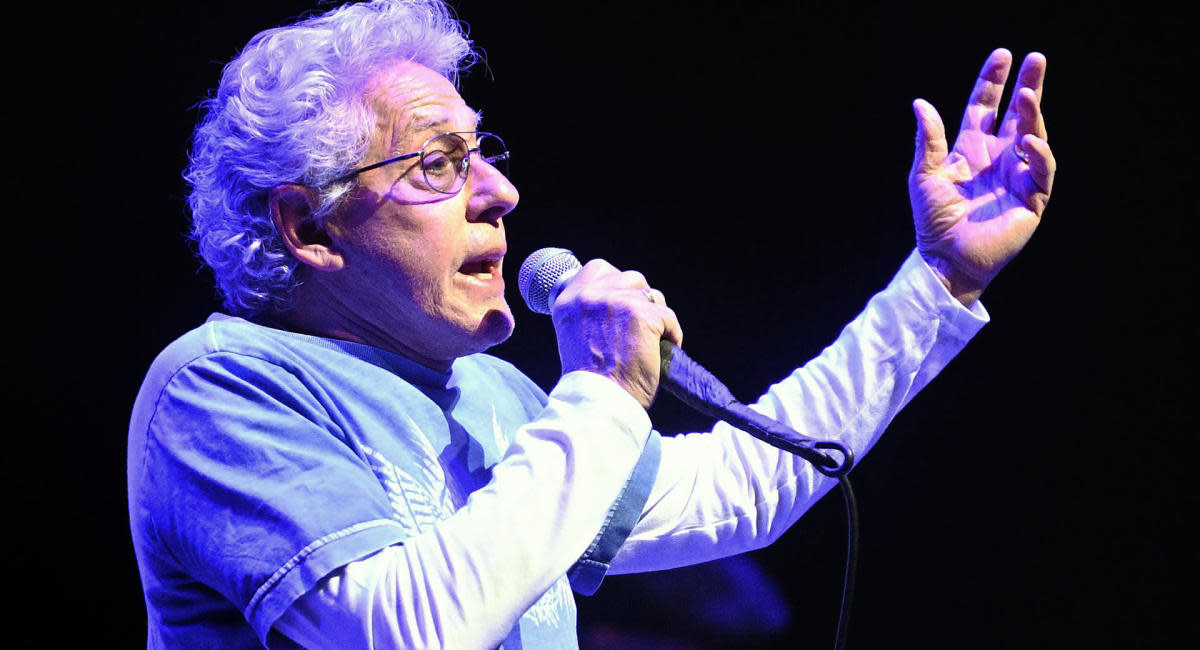Why Artists Sometimes Refuse to Play Fan-Favorite Songs
Music fans often attend concerts with one wish: to hear their favorite song played live. Yet, it's not uncommon for artists to skip iconic tracks during shows, leaving audiences both puzzled and disappointed. In this article, we explore why musicians sometimes refuse to play their most beloved songs and how these choices shape the concert experience.

The Weight of Performing a Hit Song
Every hit song carries a unique story and emotional connection for both the artist and the audience. Over time, performing the same track repeatedly can make it feel less spontaneous or meaningful for the performer. Recent events during Roger Daltrey's "Alive & Kicking" tour have highlighted this dynamic. Daltrey, the legendary frontman of The Who, faced a persistent fan at a concert in Wolverhampton who desperately wanted to hear "Pinball Wizard." Instead of obliging, Daltrey chose to stay true to his current artistic goals, stating that he was "fed up" with playing it and preferred to try new music (Yahoo Entertainment).
The Fan-Performer Exchange On Stage
When a musician refuses to play a popular song, emotions can run high—on both sides of the stage. Daltrey's recent interaction became an instant talking point among concert-goers and music journalists. The persistent calls from a fan were met with humor and honesty. Daltrey quipped, "I can't play 'Pinball Wizard.' I'm the world's worst pinball player you've ever seen in your life. I don’t want to do it, ’cause I just don’t want to do it." The atmosphere remained light, but the artist made his boundaries clear. For a detailed account of this memorable exchange, check out the coverage on masslive.com.
Why Do Artists Say No To a Song?
Several factors influence a musician's decision to leave out a much-requested song:
- Artistic Evolution: Artists grow, explore new sounds, and want to share recent passions rather than repeat the past.
- Vocal and Physical Limitations: Aging or vocal strain may make certain songs difficult—or even impossible—to perform night after night.
- Desire for Spontaneity: Too much repetition can sap the joy out of a performance. Musicians often crave the freedom to improvise or introduce fresh material.
For Roger Daltrey, embracing new arrangements and enjoying the musical journey has become more important than satisfying every request for a classic tune. As he told Yahoo Entertainment, "I just want to branch out and do something different."
Fan Reactions and the Live Song Experience
Fans have strong emotional ties to certain songs, and their enthusiasm can sometimes clash with a performer's evolving artistic vision. While frustrations may arise, moments like Daltrey's candid exchange also reveal the genuine connection between artists and audiences. These exchanges remind us that music is a shared experience—one shaped by both sides. Similar reports of the event on silive.com help underline just how memorable and heartfelt these live moments can be.
Conclusion: Embracing the Live Song Journey
Not every concert will include every hit song, but each show has the potential to create new memories. By respecting an artist’s choices and embracing the spontaneity of live music, fans can enjoy unique performances filled with new discoveries. Next time your most loved song isn’t on the setlist, trust the music to lead you somewhere unexpected—and unforgettable.